Description
Bird of paradise / Strelitzia reginae / Crane flower – Plant
The Bird of Paradise plant, scientifically known as Strelitzia reginae, is an enthralling South African tropical plant. It gets its name from the way its vivid and exotic blossoms resemble a bird in flight. Because of its striking foliage and distinctive blossoms, this plant is adored for its bold and striking appearance. Large, banana-like leaves with an eye-catching, leathery feel are produced by Bird of Paradise plants, which is why interior decorators favor them. On lengthy stems, their distinctive, boat-shaped flowers with orange and blue petals appear. One of the standout features of this plant is its blooming period, which typically occurs in late winter through early spring, although it can bloom sporadically throughout the year under the right conditions With its adaptability and ability to purify indoor air, the Bird of Paradise plant has become a favored choice for plant enthusiasts seeking both aesthetics and functionality in their indoor spaces.
Caring Tips:-
- Light: Bird of Paradise plants thrive in bright, indirect light. Place them near a window with filtered sunlight or provide some shade during the hottest part of the day if grown outdoors. Insufficient light may result in fewer blooms and slower growth.
- Watering: Keep the soil consistently moist but not waterlogged. Water when the top inch of the soil feels dry. Reduce watering during the dormant winter months. Avoid standing water in the saucer, as this can lead to root rot.
- Humidity: Bird of Paradise plants appreciate higher humidity levels. You can increase humidity by misting the leaves regularly or placing a humidity tray nearby.
- Fertilization: During the growing season (spring and summer), feed your plant with a balanced liquid fertilizer every 4-6 weeks. Reduce or stop fertilization during the fall and winter when the plant’s growth slows down.
- Repotting: Repot your Bird of Paradise when it becomes root-bound or outgrows its container, typically every 2-3 years. Use a well-draining potting mix.
- Pruning: Remove dead or damaged leaves regularly to keep the plant looking its best. If a leaf turns completely brown, you can cut it back to the base.

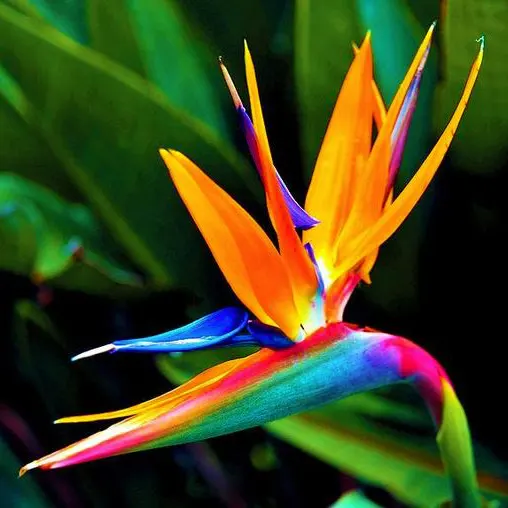
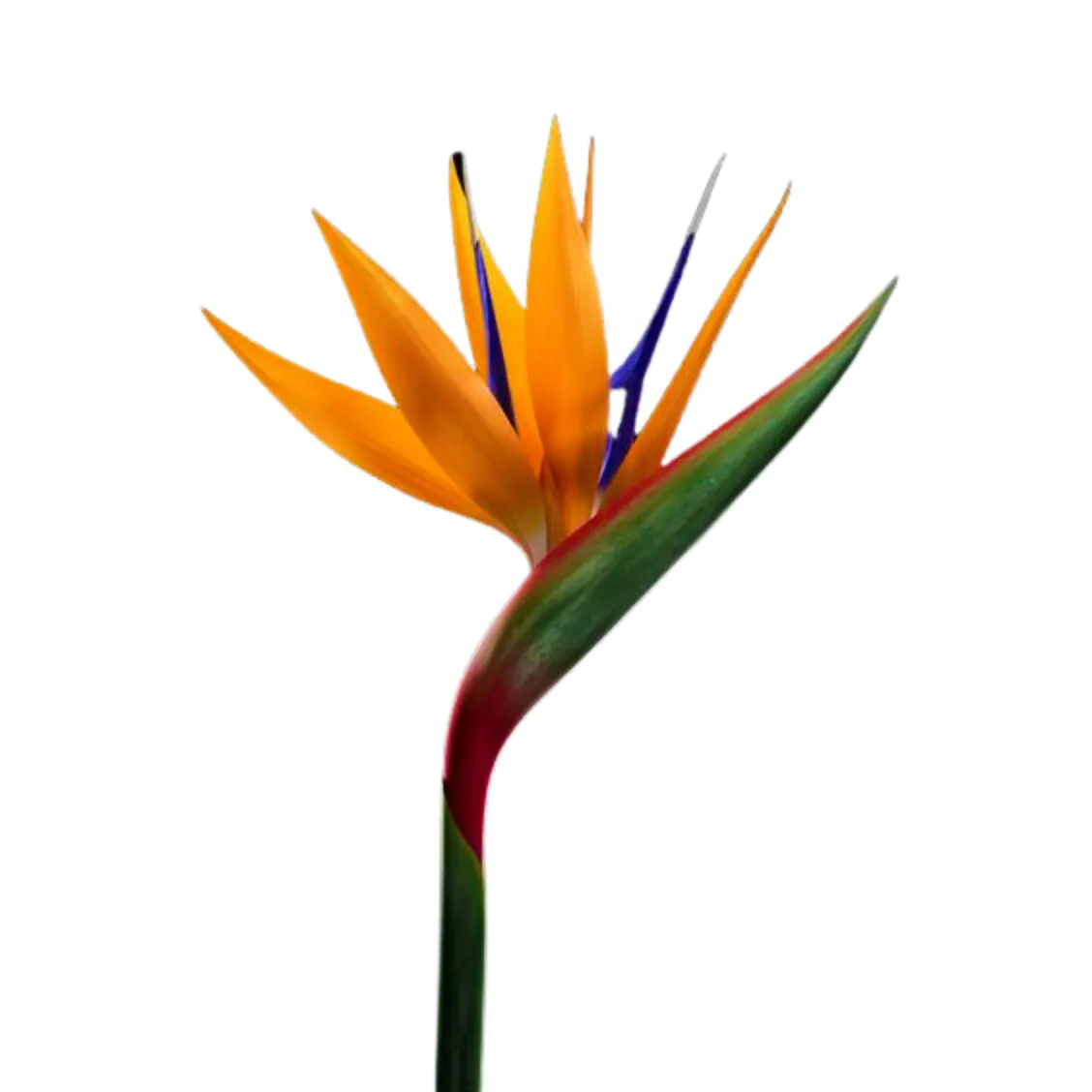
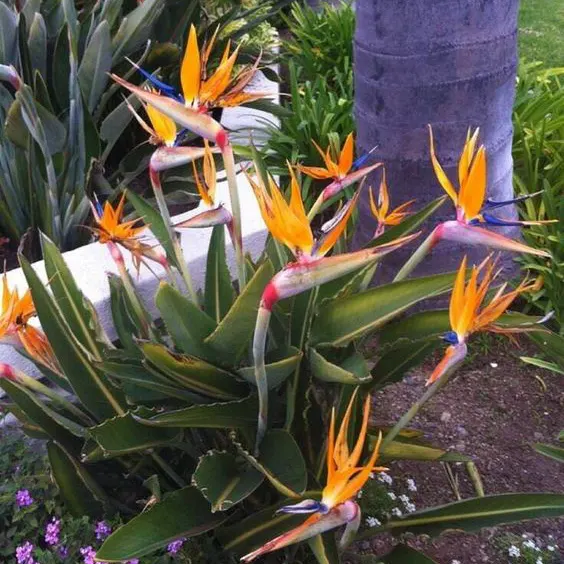
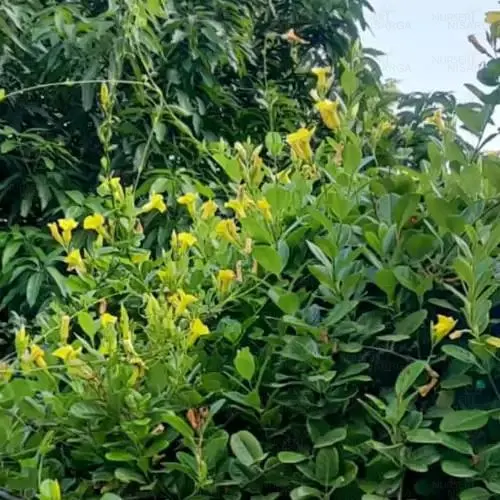
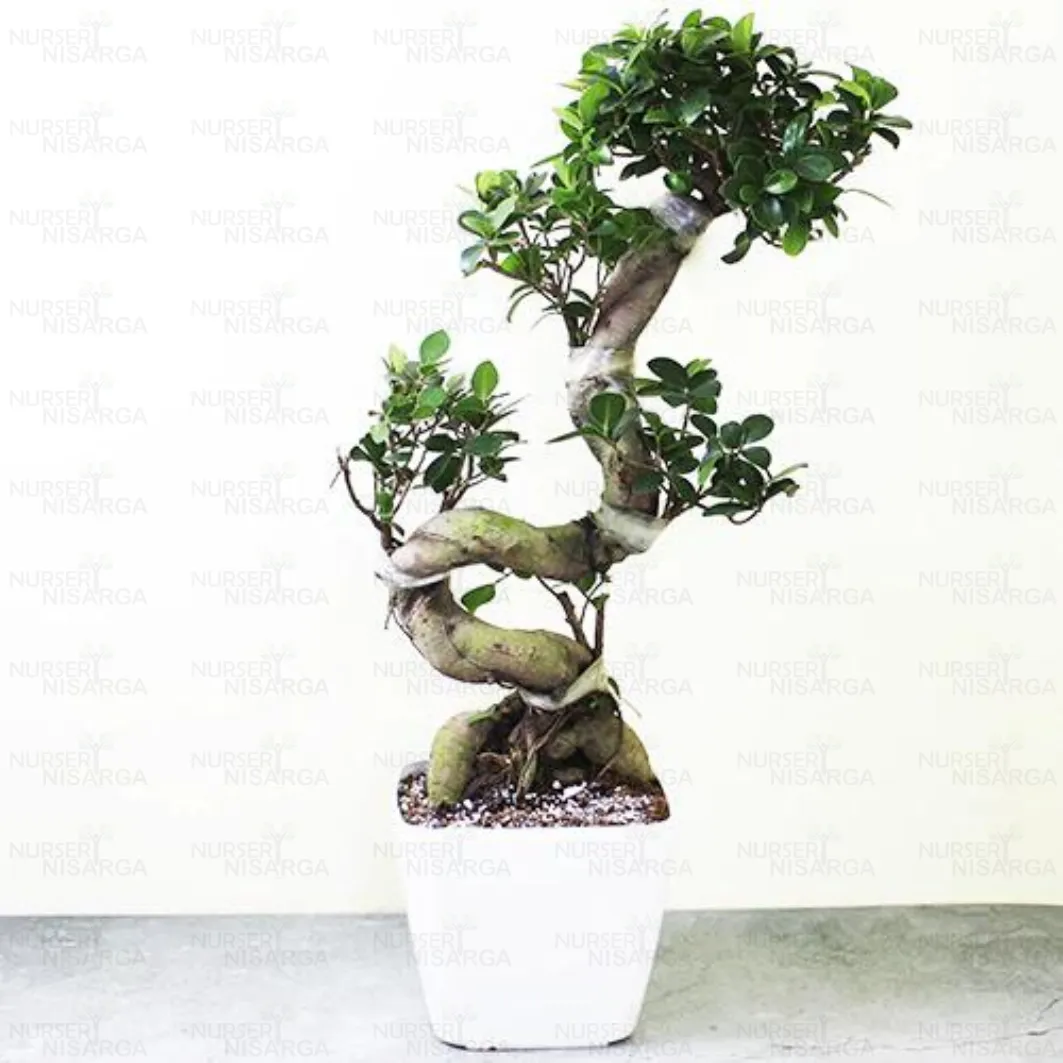

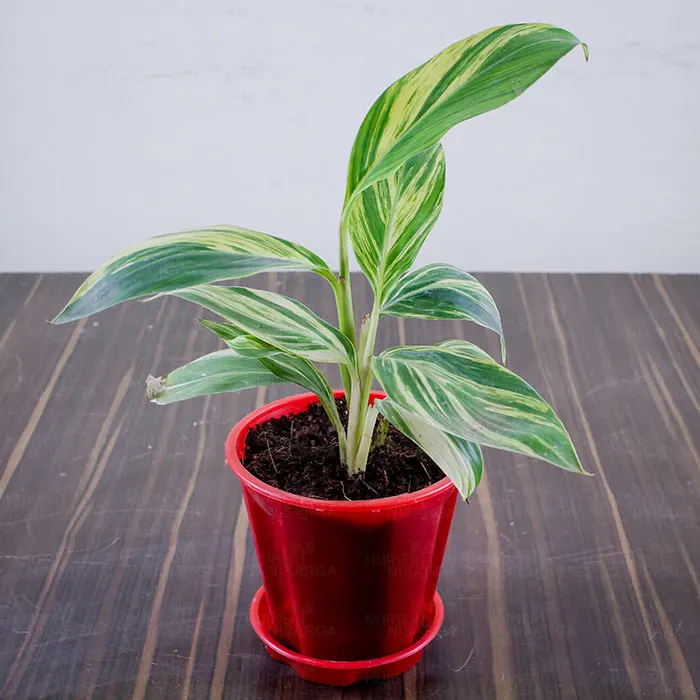
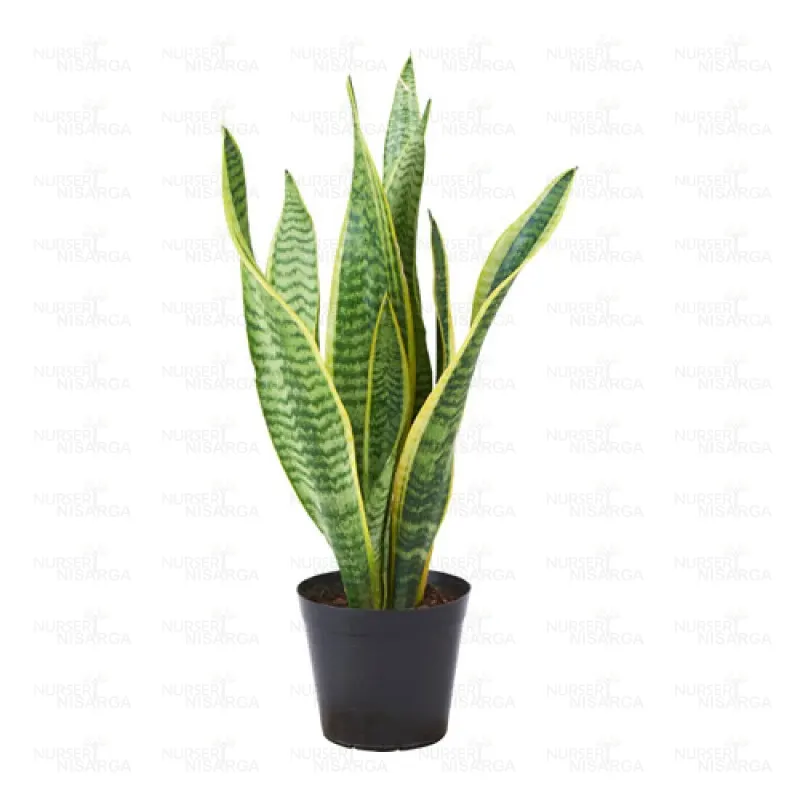
Reviews
There are no reviews yet.